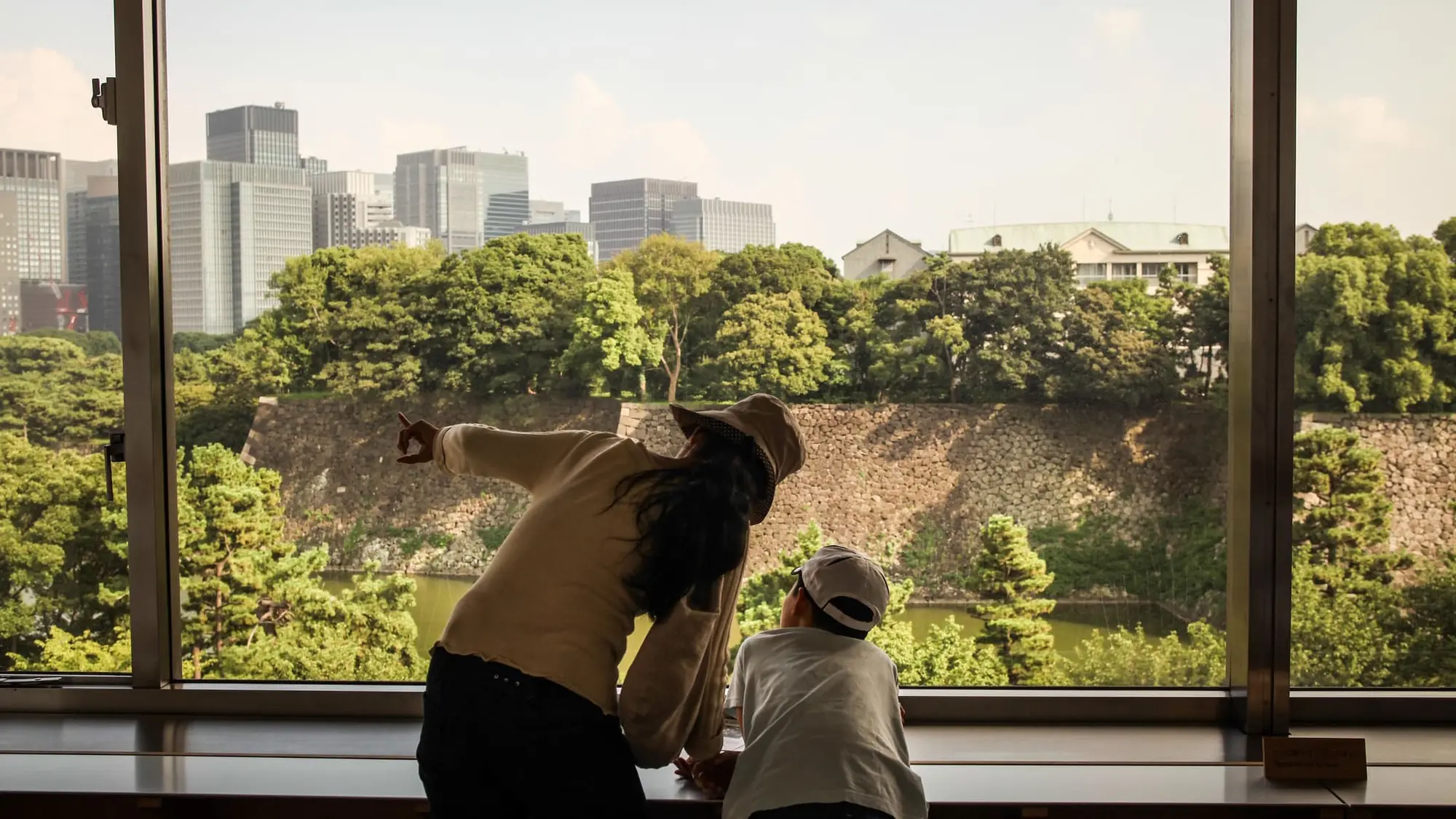D4T
Design for Territories
Website's Project
D4T
Design for Territories
Website's Project
D4T - Design for Territories was established in 2015 as a research network with a FARB grant from the Department of Design and plays an important role in connecting the Department's professors and researchers, fostering collaborations at a national and international level to update approaches, methods, tools, objectives and research results, including through participation in conferences, meetings and scientific publications.
The D4T group is dedicated to the study, teaching and application of design methodologies for the empowerment, regeneration and valorisation of territories, and offers specialised training courses for the academic and professional spheres, combining theoretical and applied research activities, constantly comparing itself with the international scientific community to keep its disciplinary skills up-to-date.
The term ‘territories’ refers to small urban areas, neighbourhoods, small towns and cities, up to larger-scale, national or international territorial and environmental systems, and refers to places and geographical areas characterised by human presence and its social dimension.
The spatial environment plays a central role in the definition of any type of management and research model, whether theoretical or applied, since it represents both the design constraints and the context in which the designed model exists and is applied. This environment is defined by the intersection of space and time, both physical and immaterial, introducing new complexities and opportunities for human progress.
The group's diversified skills are made available to those territories that need to rethink their identity and initiate design-driven processes to enhance and integrate with their communities.
New technologies, developed in different fields, are used by D4T researchers to create increasingly effective products and solutions, in line with the principles of innovation, ethics and the centrality of people and the environment. D4T focuses on environmental and social sustainability, preservation and innovation of local cultures and identities, without forgetting economic and growth prospects, for a responsible valorisation of places and contexts.
Areas of intervention:
- Place Identity, Local Reputation, Place Experience
- Design for Local Development
- Design for Local Productive System and Handicraft
- Environmental design
- Design for Cultural Driven Innovation
- Design for Cultural Heritage
- Design for Social Innovation and Community Empowerment
Skills and specialisations of D4T members:
- Mario Bisson: Environmental Design and Territories, Made in Italy and Territory.
- Eleonora Lupo: Design for Cultural Innovation, Design for Intangible Cultural Heritage, Smart Heritage.
- Marina Parente: Place Identity & Place Experience, Design for local production systems and crafts, Design for cultural and social innovation.
- Raffaella Trocchianesi: Design for cultural heritage, Cultural narratives, Communication and valorisation of territories.
Research projects
Il design dei beni culturali per i progetto E.CH.I-Etnografie italo-svizzere
Project details
Magazine articles

